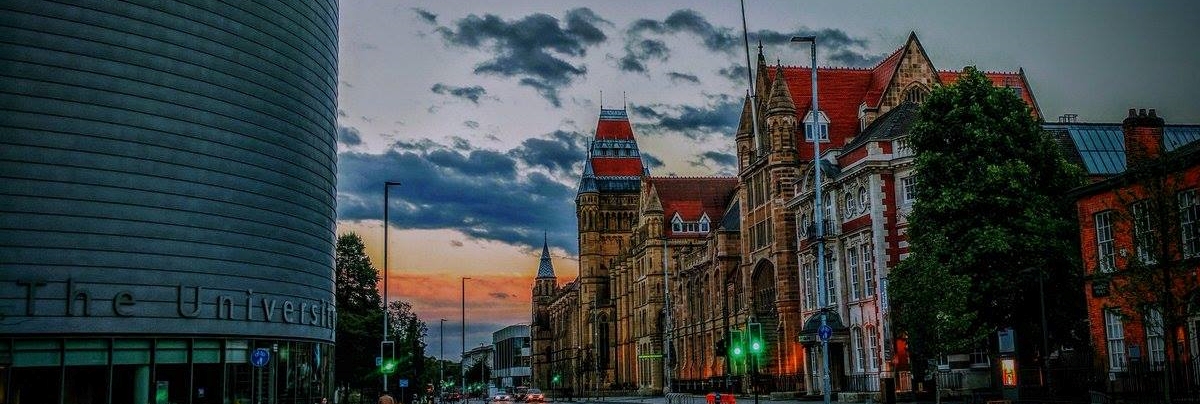
Courts and Politics
Ryan D. Doerfler (Harvard University); Eraldo Souza dos Santos (Panthéon-Sorbonne University, Paris)
Online
According to the conventional narrative, courts play an essential role in democratic politics. Relied upon to uphold the rule of law, in particular by mediating disputes between individuals, overseeing the separation of powers between the three branches of government, and protecting individuals’ rights and liberties, courts ideally arbitrate social and political conflicts fairly and without bias, ideology, or partisanship. Over the past decade, however, these ideas have been increasingly called into question by critics pointing to the essentially political – and indeed partial – role of courts in democratic and liberal regimes. Judges, the argument runs, are political actors, themselves standardly appointed by political actors to advance certain political agendas; political actors who have their own political agendas and who are regularly confronted with political questions that they answer pursuant to their own political philosophies. This, many argue, need not be inherently problematic, but constitutes an apt sociopolitical description of fact. What, then, is the exact role of courts in democratic or liberal regimes? Do courts preempt democracy and democratic change? What should the relationship between judicial action and democratic self-rule be? What legitimizes the rulings of a court? Is judicial impartiality possible (and desirable)? What principles should orient departures from legal precedents? How should judges be appointed? Should the authority of courts be constrained? What powers should Supreme Courts be able to exercise? Is judicial review democratic? What principles should guide the interpretation of the constitution and infraconstitutional law by judges? Can “judicial activism” be justified? Are various forms of court reform (e.g., “court-packing”, “jurisdiction stripping”, term limits, supermajority consensus, etc.) viable answers to the challenges that both the court system and constitutionalism face today? This workshop brings together lawyers, philosophers, and political theorists interested in normative and historical debates on these and related questions.
Contact: eraldo.souza-dos-santos@etu.univ-paris1.fr
|
|
|
|
13:00-13:30 |
Reception and Welcome Speech |
|
13:30-15:00 |
Session 3.1 Francisco J. Urbina (Notre Dame Law School), The Lie in Legalism
Matthew A. Shapiro (Rutgers Law School), Democracy, Civil Litigation, and the Nature of Non-representative Institutions
|
|
15:00-15:30 |
Tea and Coffee Break |
|
15:30-17:00 |
Session 3.2 Shirley Le Penne (Cornell University), French Courts Amidst the Algerian Struggle
Lucien Ferguson (Boston College Law School), “There Is No Caste Here”: Social Mobility and the Equal Protection Clause
|
|
17:00-18:30 |
Session 3.3 Yoav Sivan (Columbia and NYU), The Importance of Peer Justice for Theoretical and Empirical Analysis of the Judiciary
Amit Pundik (The Buchmann Faculty of Law, Tel Aviv University), The Israeli Supreme Court and the Weak Protection of Fundamental Rights in the Criminal Process
|
|
18:30-19:00 |
General Discussion |
